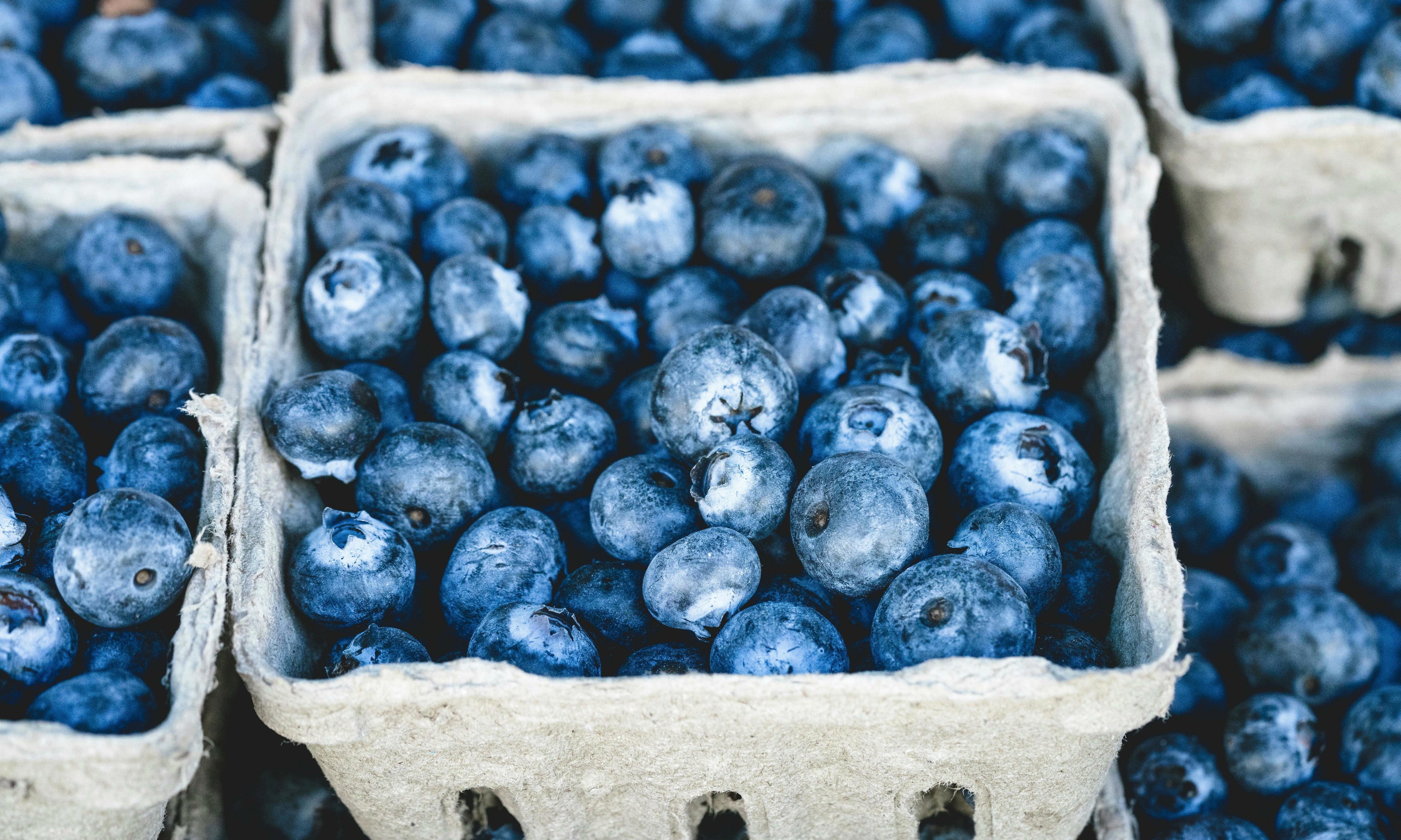
The kidneys, vital organs responsible for filtering waste, regulating fluids, and maintaining electrolyte balance, require careful attention to diet for optimal function. While certain foods can negatively impact kidney health, others offer significant protective and supportive benefits. Incorporating "superfoods" – nutrient-dense options brimming with antioxidants, vitamins, minerals, healthy fats, fiber, and flavonoids – can be a proactive approach to safeguarding these essential organs.
Blueberries: Antioxidant Powerhouse
Blueberries stand out as a potent source of antioxidants, particularly anthocyanins. These compounds combat oxidative stress, a major contributor to kidney cell damage. Research suggests that consuming blueberries can effectively reduce inflammation markers in individuals with kidney conditions. Furthermore, studies have indicated that blueberries may offer protection against chronic kidney disease associated with metabolic syndrome by mitigating inflammation.
A key advantage of blueberries is their low potassium content. For individuals with impaired kidney function, managing potassium intake is crucial. Compromised kidneys may struggle to efficiently remove excess potassium from the bloodstream, making blueberries a safe and beneficial fruit choice.
Salmon: Omega-3 Rich Protection
Fatty fish like salmon are renowned for their abundance of omega-3 fatty acids. These essential fats possess remarkable anti-inflammatory properties and have been shown to protect against kidney damage. Regular consumption of omega-3s may contribute to lowering proteinuria, a condition characterized by excessive protein in the urine, often observed in patients with kidney disease. Incorporating salmon into the diet can be a delicious and effective way to support kidney health through its beneficial fatty acid profile.
Kale: A Vitamin-Packed Green
Kale, a leafy green vegetable, delivers a wealth of vitamins A, C, and K. This nutritional powerhouse may contribute to reducing blood pressure, a critical factor in maintaining kidney health. Additionally, the fiber content of kale aids in the elimination of toxins from the body, further supporting kidney function.
However, it's important to note that kale also contains potassium. Individuals with pre-existing kidney concerns should consult with their healthcare provider before significantly increasing their kale intake to ensure it aligns with their specific dietary needs and potassium management strategies.
Red Bell Peppers: Immune-Boosting and Kidney-Friendly
Red bell peppers are an excellent source of vitamins A and C, along with a variety of other antioxidants. These nutrients play a vital role in supporting immune function, which is intrinsically linked to kidney health. A robust immune system helps protect the kidneys from infection and inflammation.
Moreover, red bell peppers are naturally low in potassium, making them a safe and nutritious dietary choice for individuals managing kidney conditions. Their vibrant color and versatility in cooking make them an easy and appealing addition to a kidney-friendly diet.
Cauliflower: Fiber and Sulfur for Kidney Support
Cauliflower emerges as another low-potassium, high-fiber vegetable that contributes to kidney health. Its high fiber content supports healthy digestion and helps reduce the buildup of toxins in the body. Consuming cauliflower may also contribute to lowering blood pressure, a key factor in maintaining overall kidney well-being.
Cauliflower also contains sulfur compounds, which may play a role in reducing the risk of kidney stone formation. These compounds, coupled with the vegetable's other beneficial properties, make cauliflower a valuable addition to a diet focused on promoting kidney health and overall cardiovascular wellness.
Incorporating these superfoods into a balanced diet can be a powerful strategy for supporting kidney function and protecting against kidney disease. However, it is always recommended to consult with a healthcare professional or registered dietitian to determine the best dietary approach for individual needs and health conditions.


No comments:
Post a Comment